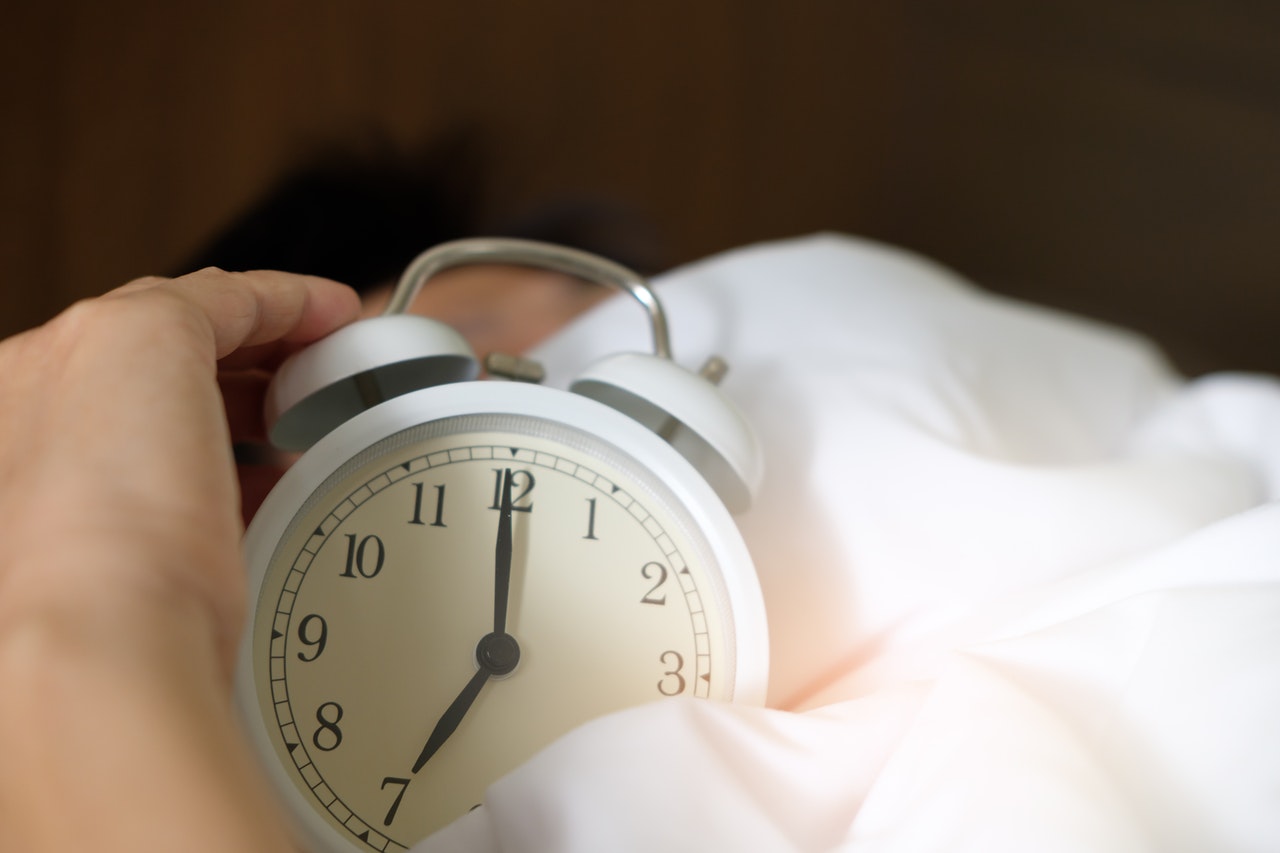How Sleep Affects Weight Loss
Sleep influences the process of losing weight. Numerous research studies have proven that there exists a direct link between the quality of sleep and the effectiveness of weight loss efforts.
And so, how does sleep affect weight loss? It makes an impact because losing sleep can cause a hormonal imbalance. When you sleep less, you get hormonal imbalance, which affects metabolism and appetite. You are likely to take in more calories, and your body is unable to burn these fats and calories. As such, the lack of adequate sleep can contribute to weight gain.
You can see how adequate sleep is essential for weight loss. If you have problems sleeping, you can use Sleep Aids to help you.
Here is how sleep affects weight loss.
Less sleep more calories
Lack of sleep changes glucose metabolism such that the body hoards the calories instead of burning them. You end up with more calories that are stored as fat. Lack of sleep affects how the body processes insulin. A study found that insulin sensitivity reduced by above 30%. This means that starches, sugars and other foods are not converted into energy as required but converted into fat.
When your body is sleep-deprived, it produces more cortisol, a stress hormone that increases appetite. The higher your appetite, the more you will eat and jeopardize your weight loss goals. The hormone also signals the body to conserve energy and so you will burn less fat.

This can explain why, in one study, those who did not get enough sleep dropped their fat loss by 55%. They were also hungrier, were less satisfied and had less energy.
The less you sleep, the more time you have to eat. Since you already have an appetite, you will tend to eat more calories.
Less sleep means fewer calories burnt.
Research has shown that a body that doesn't get enough sleep is less effective at burning calories, unlike one that is well-rested.
More calories are burnt when the body is in REM sleep. You will need to get to deep sleep for your body to burn calories effectively. If you don't get quality sleep, it means your body will not burn calories effectively.
According to a study, even if you lose weight while sleeping less, you will lose less fat. This is unlike when you get enough quality sleep, in which case you lose more fat.
Less sleep means a sleepy brain.
A sleepy brain is prone to making bad decisions since there is less activity in the frontal lobe, responsible for impulse control and decision making.
Therefore, you are less likely to make sound nutritional decisions when you are sleep deprived. You are more likely to take in extra calories as you eat an extra piece of cake since your brain doesn’t have the strength to say no.
In one study, people who were sleep-deprived engaged more in late-night snacking. They also chose snacks with high calories.
Another study found people who had little sleep ate larger portions, which means more calories and weight gain.
Studies have found that those who get less sleep crave more for high carbohydrate and energy-rich foods.
Therefore, the lack of sleep results in a sleepy brain. The result is craving junk food, eating bigger portions and lacking the ability to control impulse eating.
So, you need to get good quality sleep if you want your brain alert. This way, you will control eating impulses and reduce junk food cravings.



